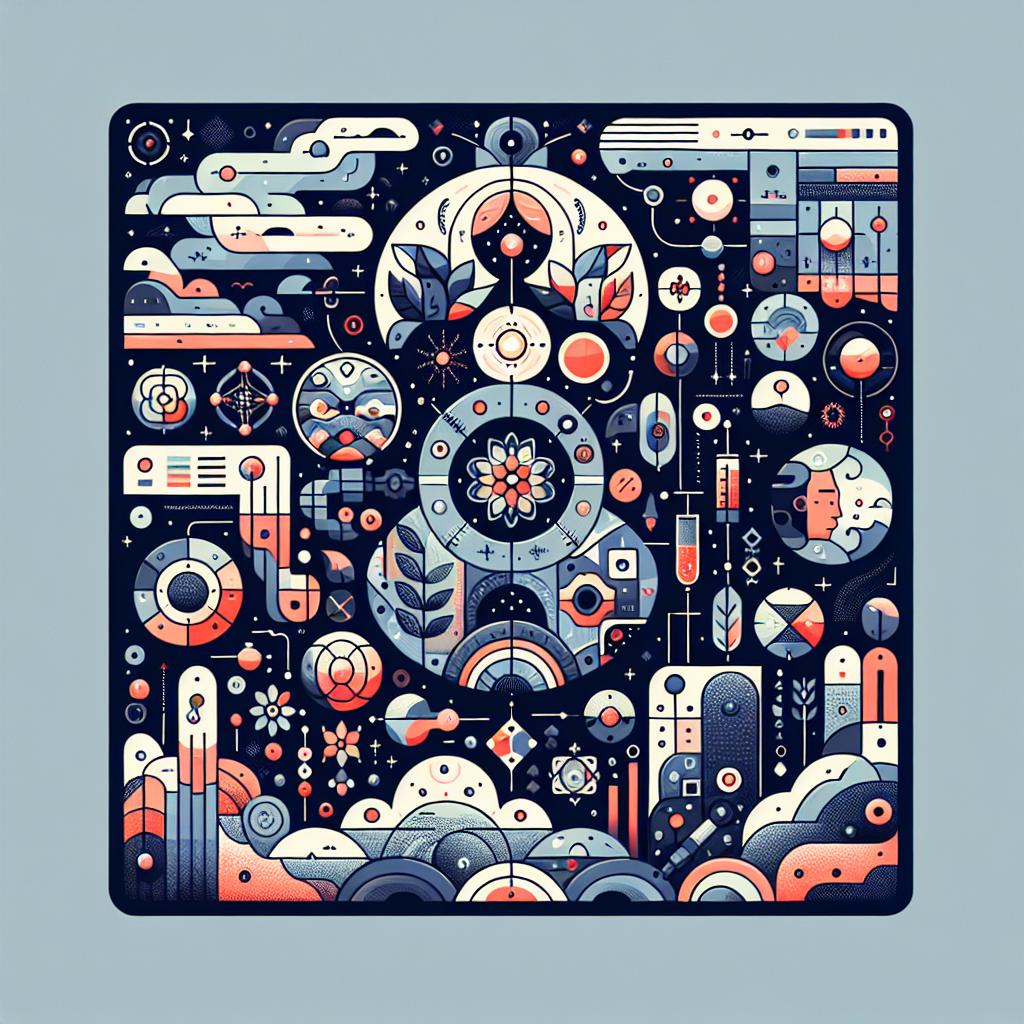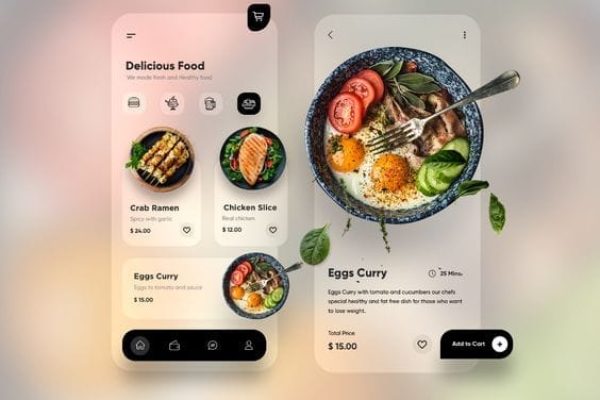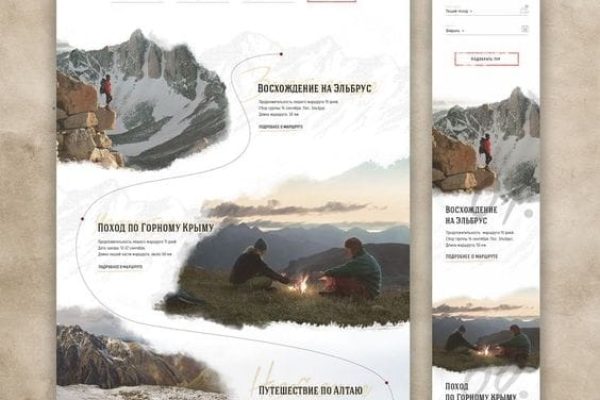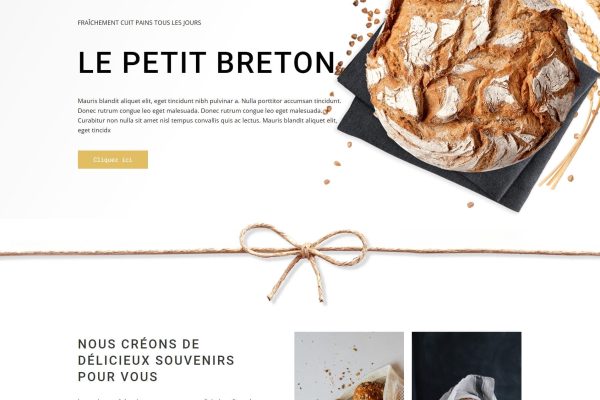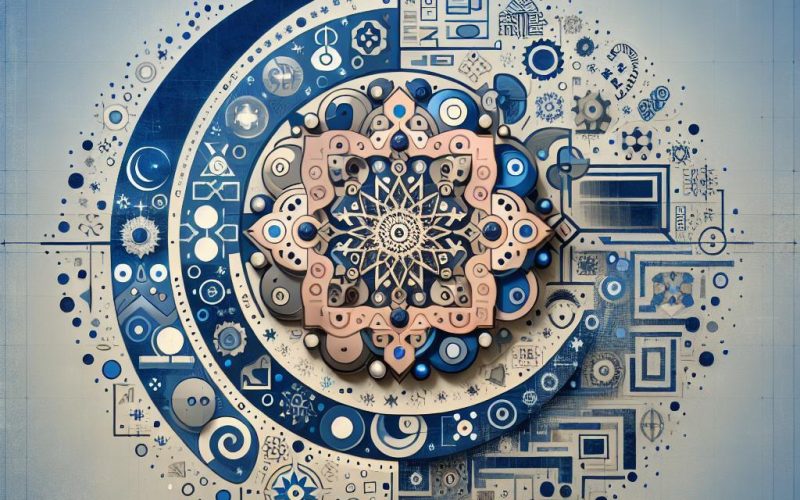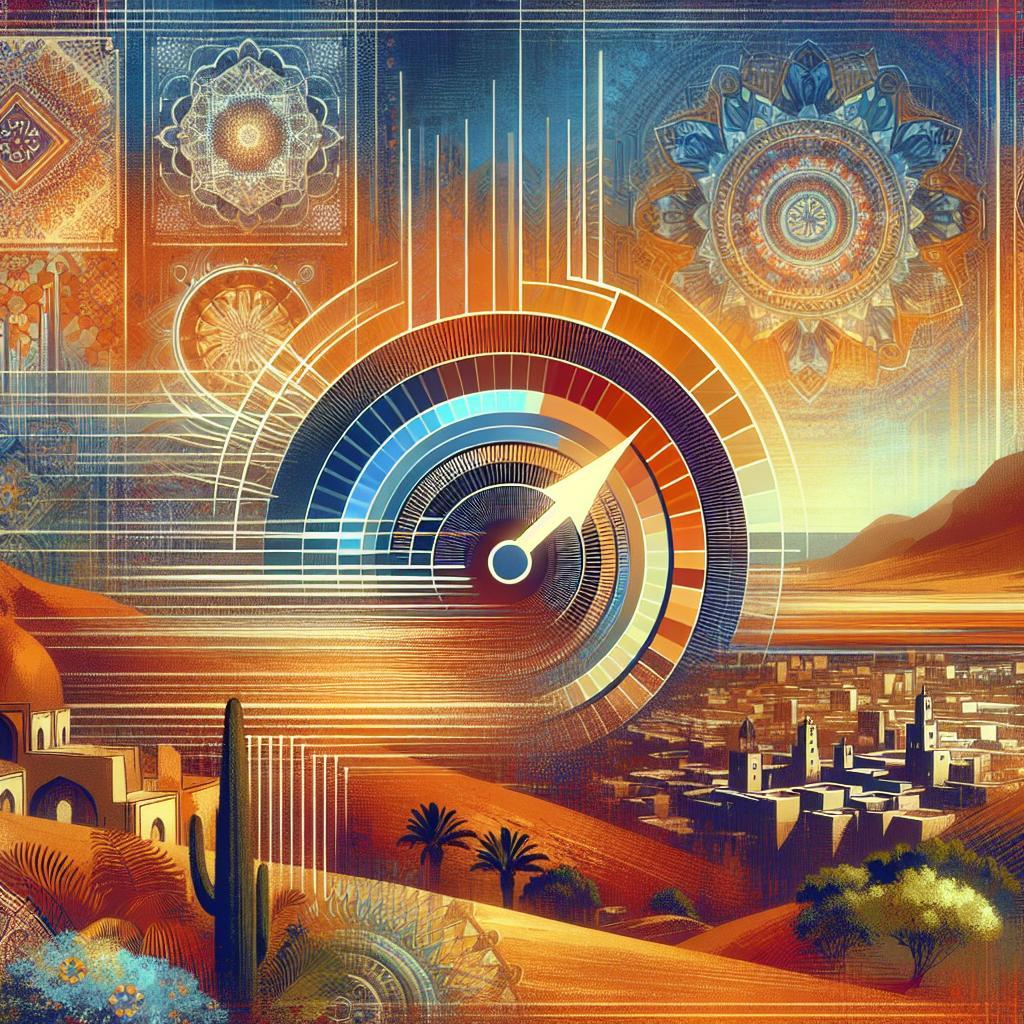In the vibrant tapestry of Morocco’s digital landscape, web design is more than just aesthetics; it is a reflection of culture, values, and user interactions. As the internet continues to permeate everyday life,understanding the nuances of user behaviour becomes essential for creating effective web experiences that resonate with Moroccan audiences. This article delves into the intricate dynamics of user behavior within the realm of Moroccan web design, exploring how cultural influences, regional preferences, and technological accessibility shape the way users engage with online platforms. By unraveling these elements, we aim to provide insights that not only enhance user experience but also empower designers and businesses to connect more authentically with their audience in this diverse and rapidly evolving digital surroundings. Join us as we embark on a journey to understand the ideals and expectations that drive user engagement in the Moroccan web sphere.
moroccan heritage, rich in colors, patterns, and traditions, greatly influences web aesthetics, helping create a visual language that resonates with local users. By incorporating elements like geometric patterns,vibrant color palettes,and cultural motifs,designers can forge a deeper connection with the audience. This alignment not only enhances the aesthetic appeal but also nurtures a sense of belonging among users. Understanding the meaning of these cultural touchstones allows designers to craft interfaces that are not only visually stunning but also culturally relevant, providing users with an immersive digital experience.
In developing a comprehensive user journey mapping strategy,it’s essential to analyze the unique engagement patterns of Moroccan audiences. Key considerations include:
- Device Preferences: Understanding whether users favor mobile or desktop environments.
- Cultural Nuances: Recognizing the impact of local traditions and practices on user expectations.
- Language Variability: Tailoring content in Arabic, French, and Amazigh to enhance accessibility.
Utilizing this data helps in creating tailored user experiences that prioritize accessibility and inclusivity, ensuring that all users, nonetheless of their backgrounds, can navigate web content seamlessly.By employing practical strategies such as simplified navigation, localized content, and responsive designs, web designers can substantially enhance user engagement and satisfaction.
Q&A
Q&A: Understanding User Behavior in Moroccan Web Design
Q1: What makes user behavior an essential consideration in Moroccan web design?
A1: Understanding user behavior is paramount in Moroccan web design as it shapes how individuals interact with digital interfaces. given the country’s rich cultural diversity and varying levels of digital literacy, designers must consider local customs, language preferences, and social norms. Tailoring web experiences to align with these factors increases usability and enhances engagement, ultimately leading to a more triumphant website.
Q2: How does the cultural background of moroccan users impact web design choices?
A2: The cultural background of Moroccan users plays a important role in web design.Visual aesthetics, color significance, and symbolism influence how websites are perceived. As a notable example, colors like green are associated with Islam and nature, while intricate patterns frequently enough reflect traditional Moroccan art. By incorporating culturally resonant elements, designers can create more appealing and relatable web environments.Q3: What role does language preference play in influencing user behavior?
A3: Language preference is crucial in Moroccan web design due to the country’s linguistic diversity, which includes arabic, Berber, and French. Offering content in multiple languages caters to a broader audience and fosters a sense of inclusion. Additionally, understanding regional dialects can further enhance communication and improve user experience, making it essential for designers to conduct thorough research on linguistic preferences.
Q4: How significant is mobile responsiveness in the context of Moroccan web users?
A4: Mobile responsiveness is exceedingly significant among Moroccan web users, as mobile internet usage has surged in recent years. Many users access websites via smartphones, prompting designers to prioritize mobile-friendly layouts. A responsive design not only improves usability but also ensures that websites load efficiently on various device types, which is vital for retaining visitor engagement.Q5: What psychological factors should designers consider when analyzing user behavior in Morocco?
A5: Designers should consider psychological factors such as trust and social influence when analyzing user behavior in Morocco. Users may have a heightened sensitivity to security and privacy issues, especially when making transactions online. Incorporating trust signals, such as customer testimonials and secure payment options, can enhance credibility. Additionally, recognizing the influence of peer recommendations and community feedback can help shape design strategies that resonate with Moroccan users.Q6: How can user feedback be effectively collected to improve web design?
A6: Collecting user feedback can be approached through various channels—surveys, interviews, and usability testing are effective methods. Engaging users through social media platforms, where Moroccans are highly active, can also provide valuable insights. It’s essential to create feedback opportunities that encourage honest responses and ensure that the process is culturally sensitive, as this fosters a connection and makes users feel valued.Q7: What trends are currently shaping the future of moroccan web design?
A7: Current trends in Moroccan web design reflect a blend of modernity and tradition. There is a growing emphasis on minimalism and user-centric designs, often featuring vibrant colors and traditional motifs. Additionally, the integration of e-commerce functionalities is on the rise, propelled by an increasing demand for online shopping. These trends show that as the digital landscape evolves, Moroccan designers are finding innovative ways to embrace both local identity and global standards.
Q8: What advice would you give to web designers aiming to improve their understanding of Moroccan user behavior?
A8: I would advise web designers to engage directly with their target audience. Conduct surveys, hold focus groups, and immerse themselves in the local culture to gain insights. Continuous learning about the evolving digital habits of Moroccan users through analytics and user testing will also prove invaluable. By prioritizing empathy and adaptability, designers can create more effective and culturally relevant web experiences.
The Way forward
As we draw the curtains on our exploration of user behavior in moroccan web design, it becomes clear that understanding this intricate tapestry is essential for creating effective digital experiences. Just as a deep-rooted cultural heritage influences design aesthetics, the nuanced preferences and behaviors of Moroccan users shape the way websites should be crafted.
In a realm where tradition meets innovation, the importance of tailoring digital interfaces to meet the specific needs and expectations of users cannot be overstated. By embracing local nuances,fostering cultural relevance,and prioritizing accessibility,designers can forge connections that resonate deeply with their audience.As we continue to navigate the evolving landscape of web design,let us remember that the key to success lies not just in the technology we employ,but in our ability to listen,observe,and respond to the voices of our users. Ultimately, a user-centric approach will pave the way for more engaging, impactful, and successful online experiences in morocco and beyond. The journey of understanding user behavior is ongoing, and as we move forward, let’s carry with us the insights gained, weaving them into the fabric of our digital creations.